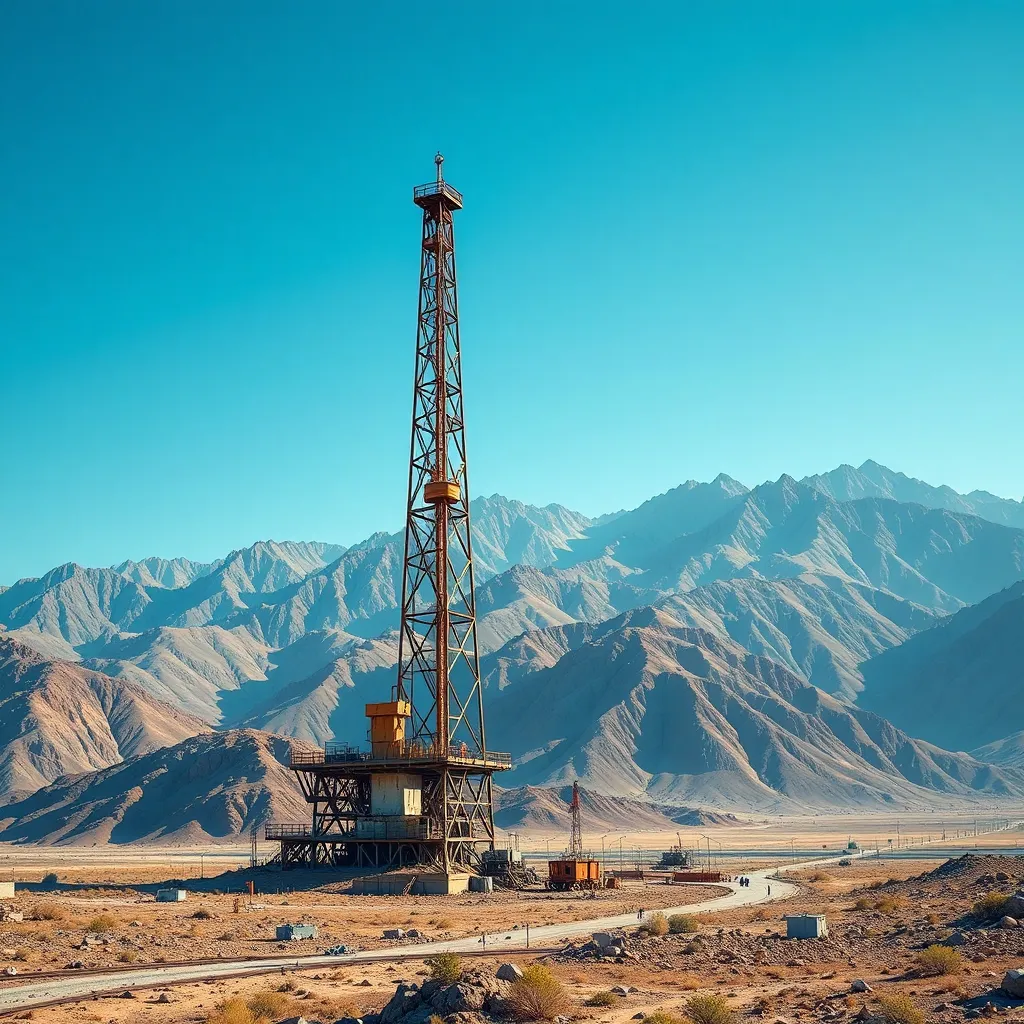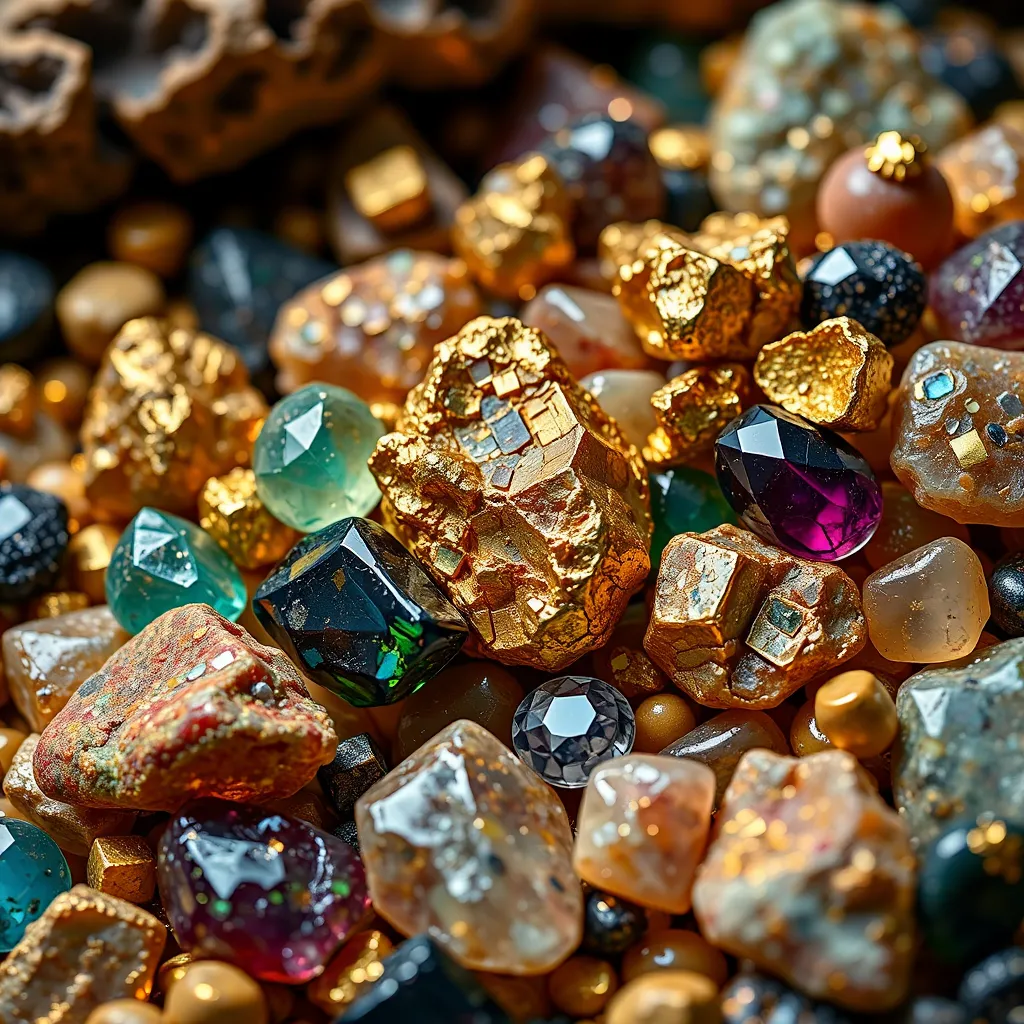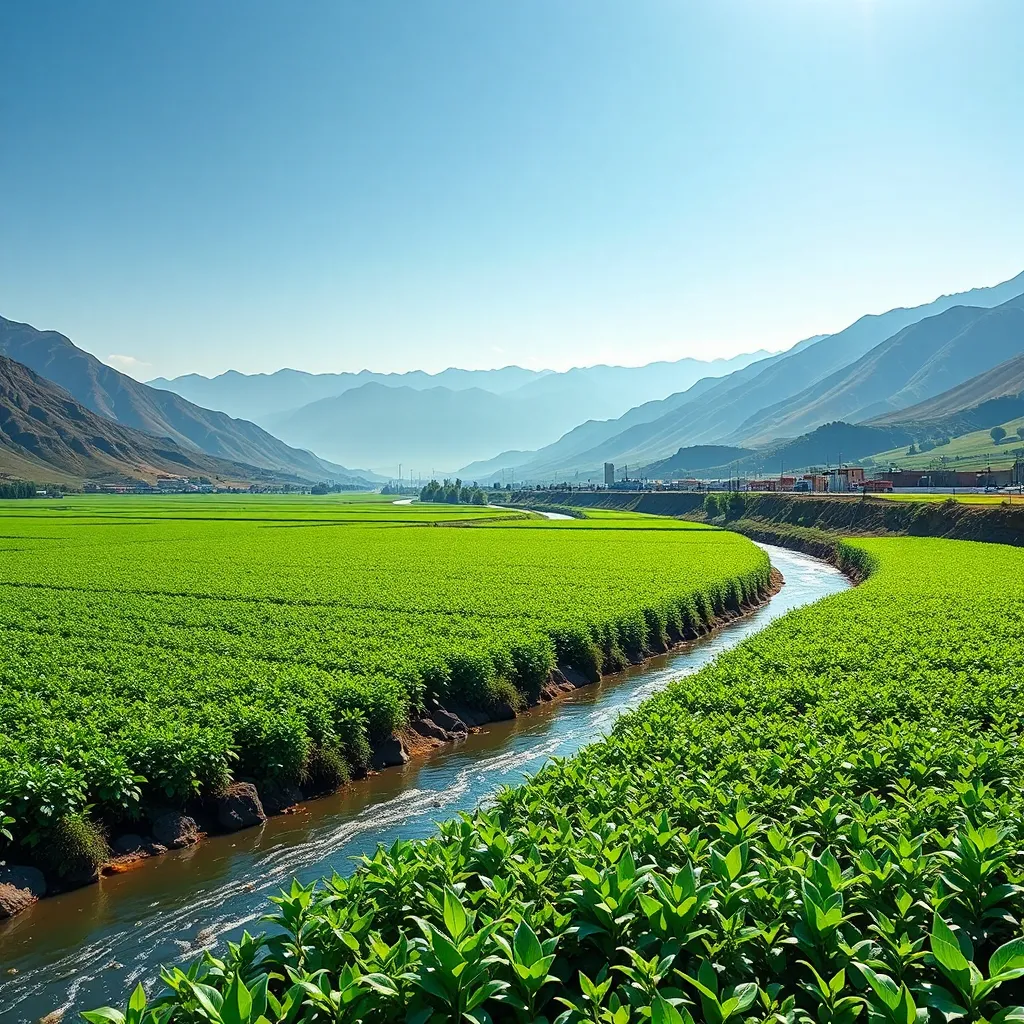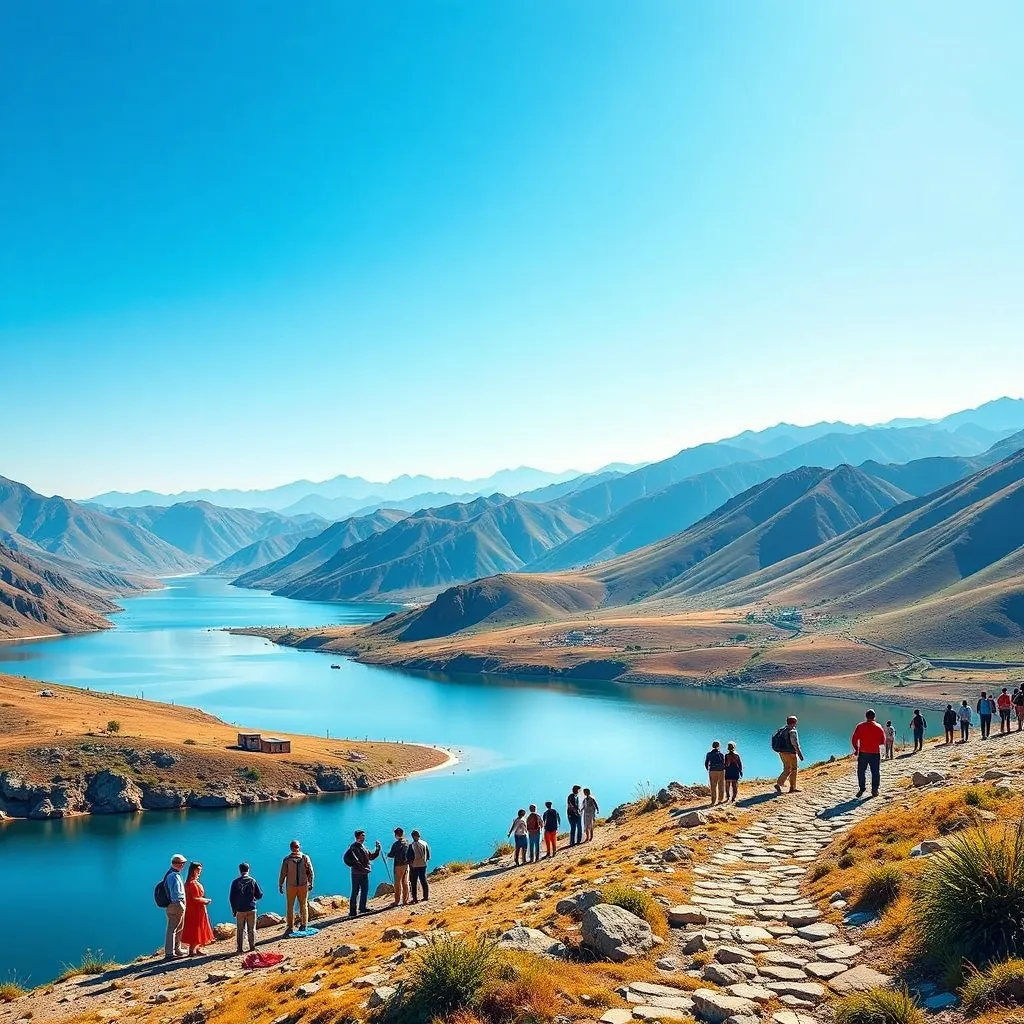Natural Resources of Kurdistan: A Complex Landscape of Potential and Challenges
The Kurdistan Region of Iraq (KRG) possesses a diverse and valuable array of natural resources, contributing significantly to its economy and shaping its geopolitical landscape. However, the exploitation and management of these resources are interwoven with complex political, economic, and environmental challenges. This article explores the key natural resources of Kurdistan, the issues surrounding their development, and the future prospects for sustainable resource management.
Oil and Gas: The Economic Backbone
Oil and gas are undoubtedly the most significant natural resources of Kurdistan. The region boasts substantial reserves, making it a key player in the Middle East’s energy sector. For decades, the KRG has pursued independent oil and gas development, leading to disputes with the Iraqi federal government over control of resources and revenue sharing. Recent years have seen fluctuating production levels, export agreements, and disagreements over export routes, primarily through the Ceyhan pipeline. The ongoing negotiations between Erbil and Baghdad highlight the complex political dimensions of resource management. A significant development is the projected resumption of oil exports in 2025, following a new production cost agreement, aiming to resolve a long-standing dispute. This agreement sets the barrel extraction cost at $16, a crucial factor influencing the financial viability of future operations. However, past instances of oil smuggling, particularly to Iran, remain a concern, highlighting the need for transparent and accountable resource management practices.
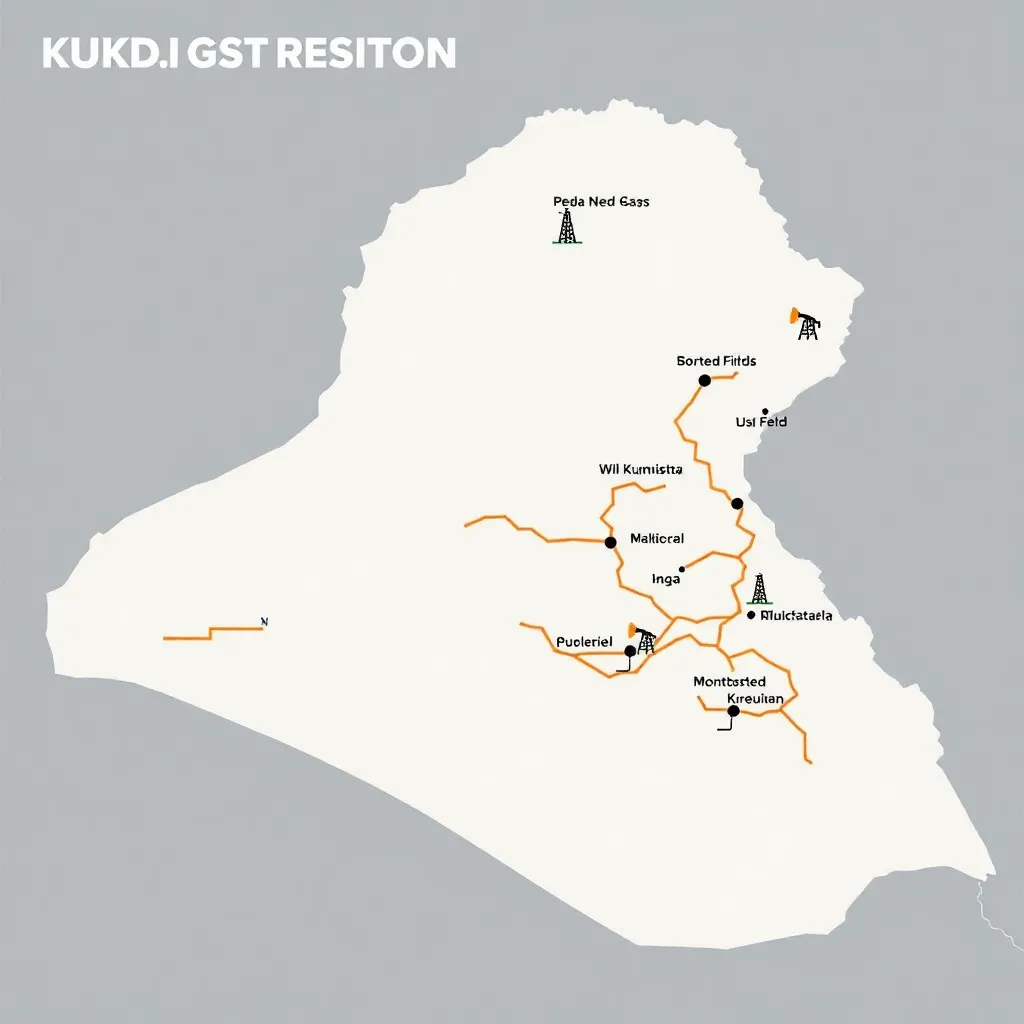
The impact of the oil and gas sector extends beyond direct revenue generation. The industry influences employment, infrastructure development, and overall economic growth. However, its environmental footprint, including greenhouse gas emissions and potential water contamination, requires careful consideration and the implementation of sustainable practices.
Minerals and Precious Stones: Untapped Potential
Beyond oil and gas, Kurdistan possesses significant mineral and precious stone reserves. The provinces in the eastern part of Kurdistan, particularly Sulaymaniyah, are known for their rich deposits of gold and other precious stones. However, their exploitation remains relatively underdeveloped, hampered by logistical challenges, security concerns, and a lack of investment. The potential for significant economic growth through responsible mining practices remains significant, but requires careful planning and sustainable development strategies to avoid environmental damage and social disruption.
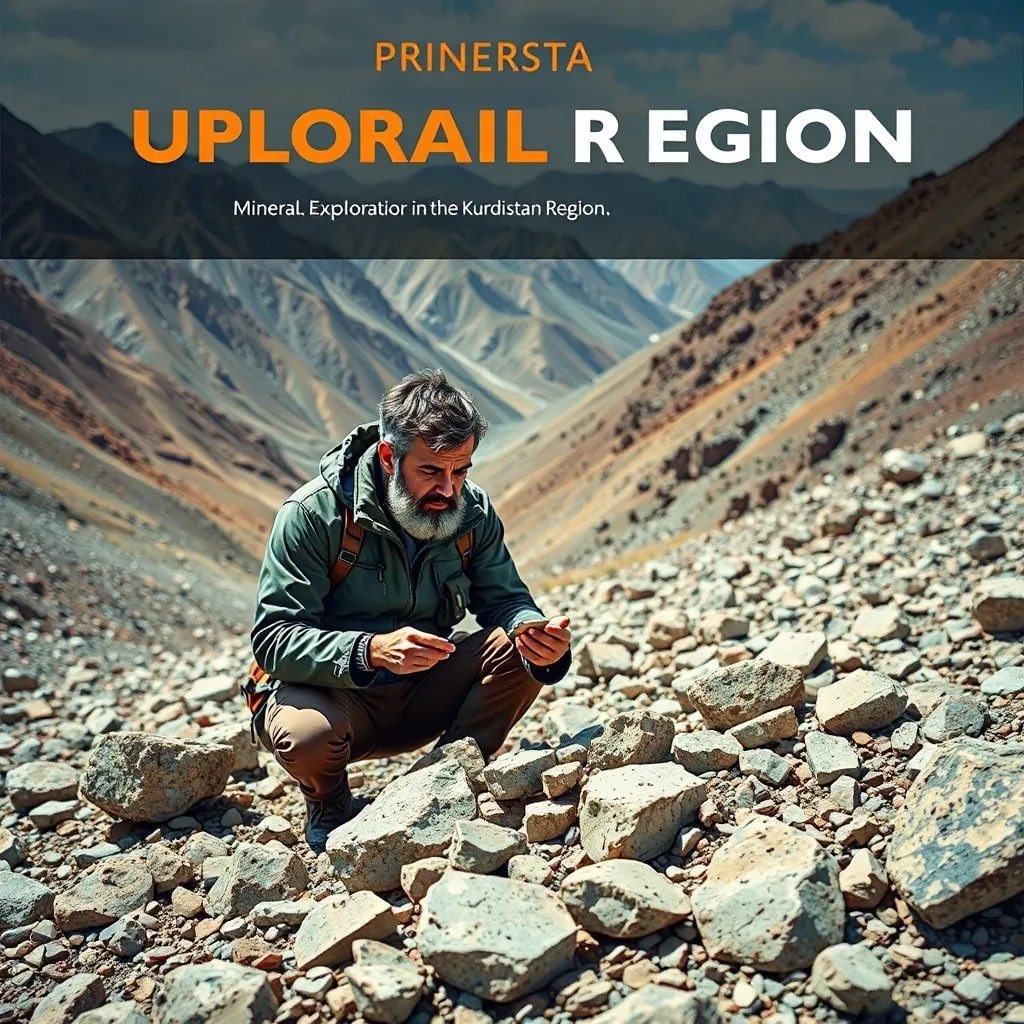
Water Resources: A Scarce and Vital Asset
Water resources, crucial for agriculture, industry, and human consumption, are a significant concern in Kurdistan. Dwindling water supplies, exacerbated by climate change and increasing demand, pose a major challenge. The KRG has implemented strategies to address this, including the construction of new dams and ponds. However, water scarcity remains a critical issue demanding long-term solutions involving water conservation, efficient irrigation techniques, and regional cooperation.
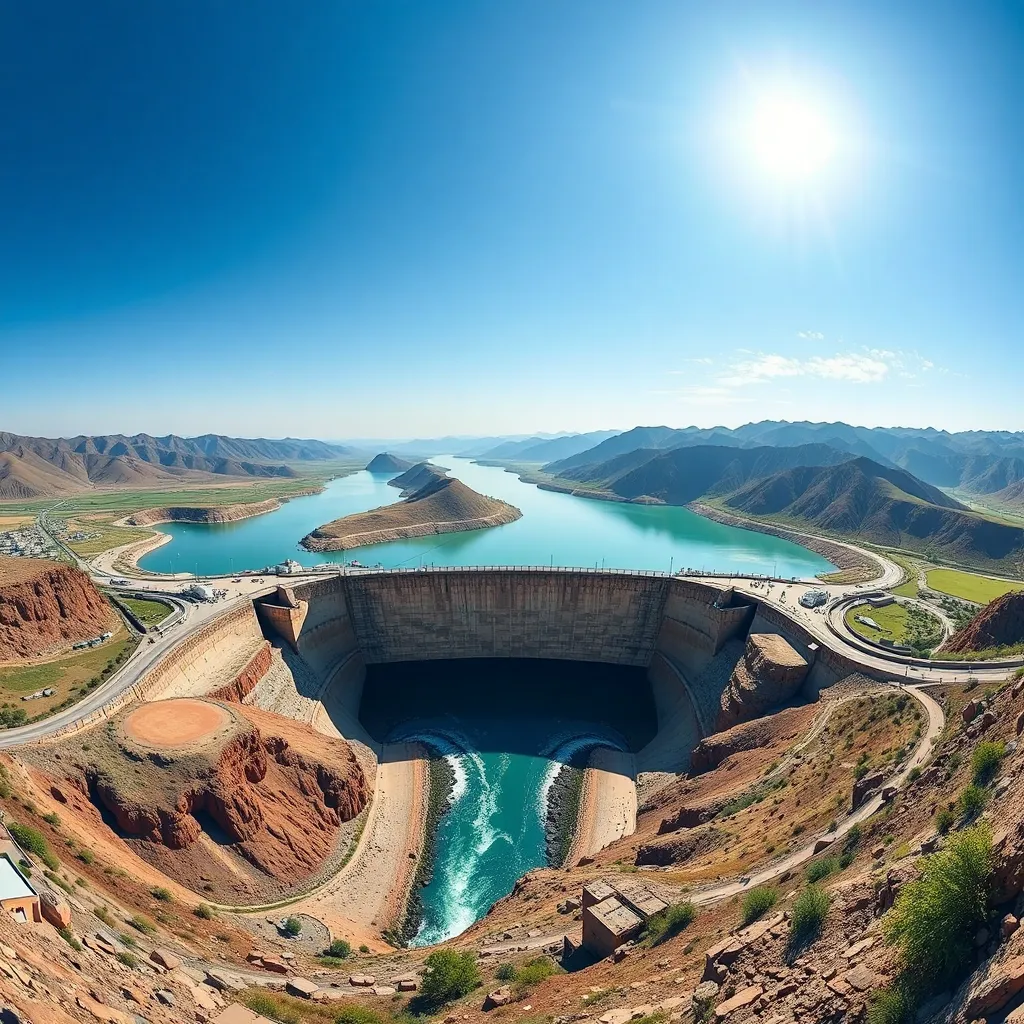
Agriculture: A Traditional Sector Facing Modern Challenges
Agriculture is a traditional sector in Kurdistan, contributing to food security and employment. The region possesses fertile land and favourable weather conditions in certain areas, suitable for various crops and livestock farming. However, agricultural productivity is often hindered by limited access to modern technology, irrigation systems, and market access. Furthermore, climate change impacts, such as drought and unpredictable rainfall, present increasing challenges. Sustainable agricultural practices, investment in infrastructure, and access to markets are essential for enhancing agricultural productivity and resilience.
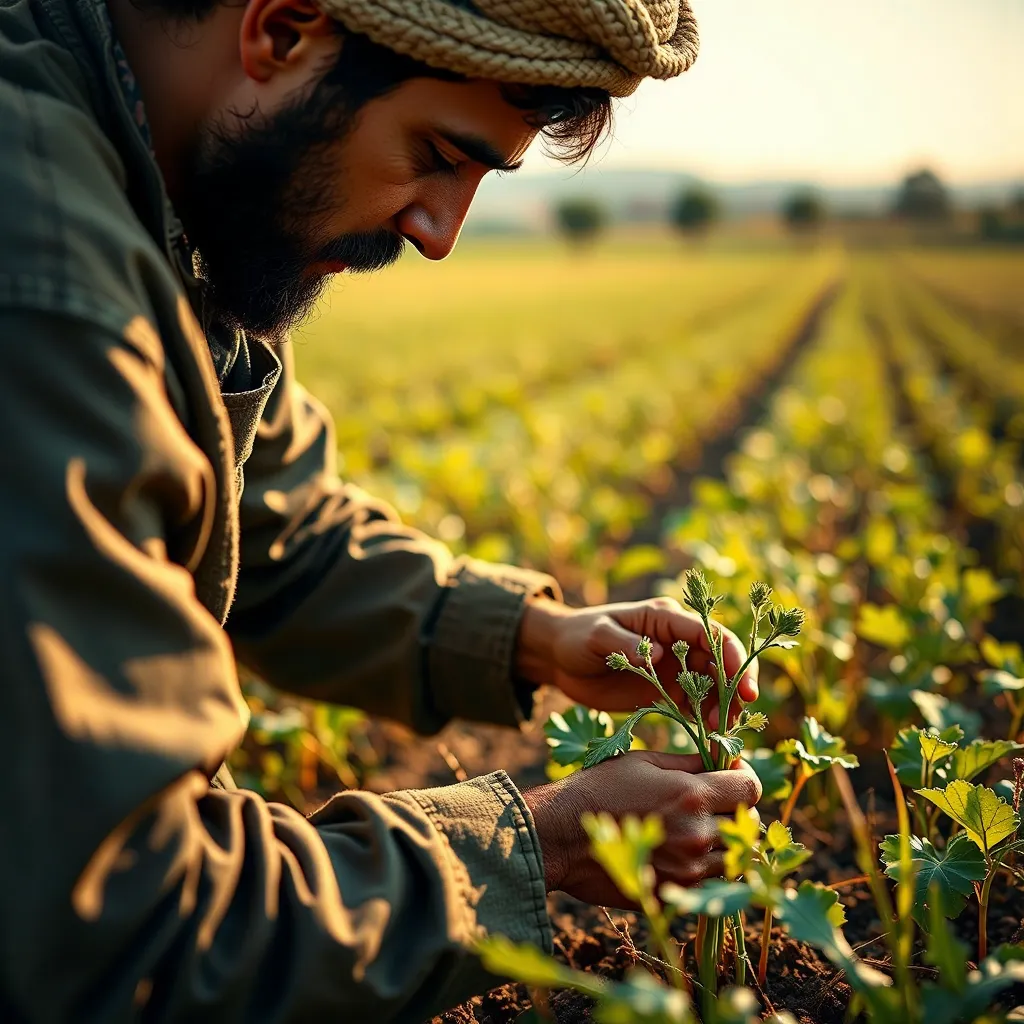
Tourism: A Growing Sector Leveraging Natural Beauty
The Kurdistan Region’s natural beauty, including its mountains, lakes, and dams, presents significant tourism potential. The KRG is actively developing this sector, aiming to attract both domestic and international tourists. The development of tourism infrastructure, marketing efforts, and the creation of sustainable tourism practices are key to ensuring the long-term success of this sector. This approach requires careful consideration of the environmental impact of tourism and the preservation of natural areas.
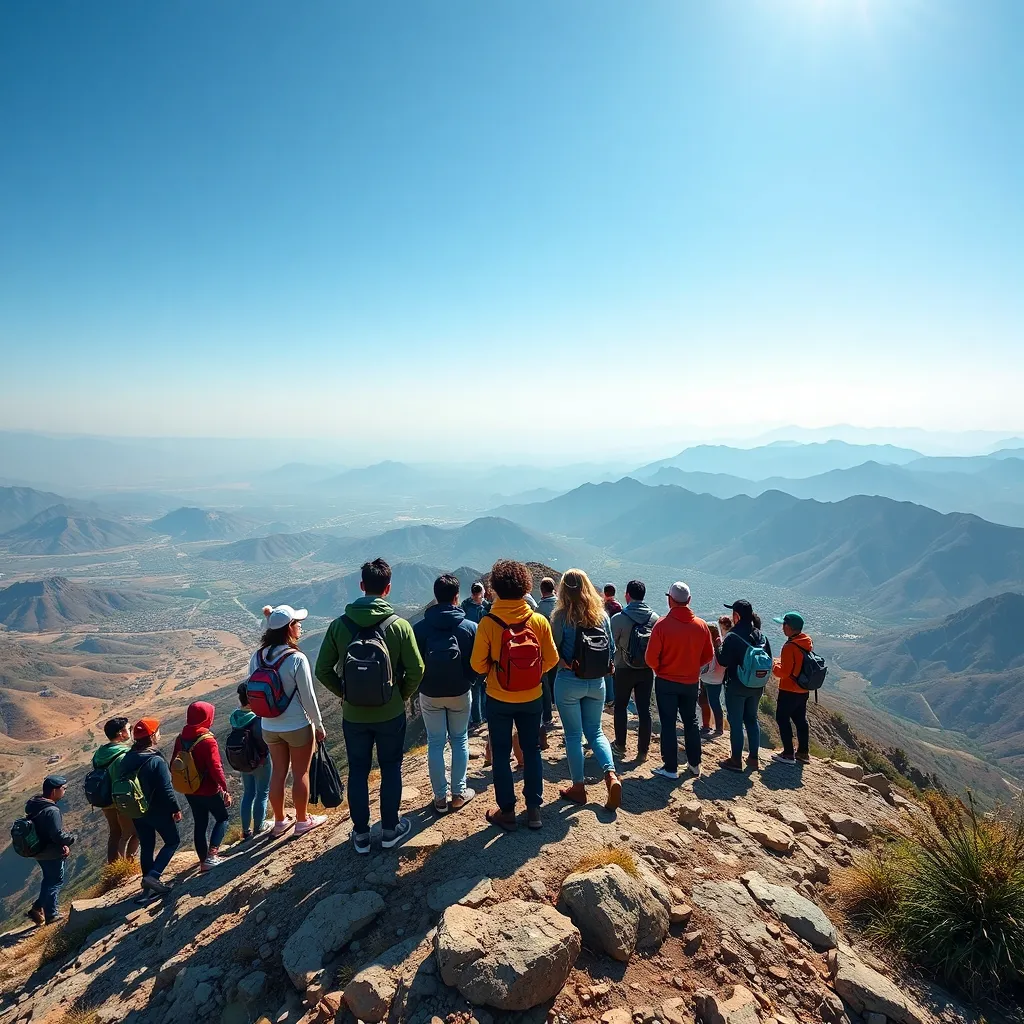
Challenges and Future Prospects
The development and management of Kurdistan’s natural resources are fraught with challenges. Political instability, conflicts, and disputes over resource control significantly impact investment and sustainable development. Environmental concerns, including water scarcity, pollution, and climate change impacts, require immediate and comprehensive solutions. The need for transparent and accountable governance, investment in infrastructure, and the adoption of sustainable practices are crucial for ensuring the long-term benefits of resource exploitation for the people of Kurdistan. International collaboration and technical assistance can play a vital role in supporting the region’s sustainable development goals.
FAQ
Q: What is the main natural resource in Kurdistan?
A: Oil and gas are the most significant natural resources, forming the backbone of the KRG’s economy.
Q: What are the challenges facing the development of Kurdistan’s natural resources?
A: Challenges include political instability, disputes over resource control, environmental concerns (water scarcity, pollution), and a lack of investment in certain sectors.
Q: What is the future outlook for the natural resources sector in Kurdistan?
A: The future depends on resolving political disputes, implementing sustainable development strategies, attracting foreign investment, and addressing environmental challenges. The resumption of oil exports in 2025 represents a significant step forward, but sustainable practices must be prioritized.
Q: What role does agriculture play in the KRG’s economy?
A: While oil and gas dominate, agriculture is still crucial for food security and employment, though it faces challenges from climate change and limited access to modern technology.
Q: How is the KRG addressing water scarcity?
A: The KRG is constructing new dams and ponds, but long-term solutions require water conservation, efficient irrigation, and regional cooperation.
Q: What is the potential of the tourism sector in Kurdistan?
A: The region’s natural beauty presents significant tourism potential, but development requires investment in infrastructure and sustainable tourism practices.











